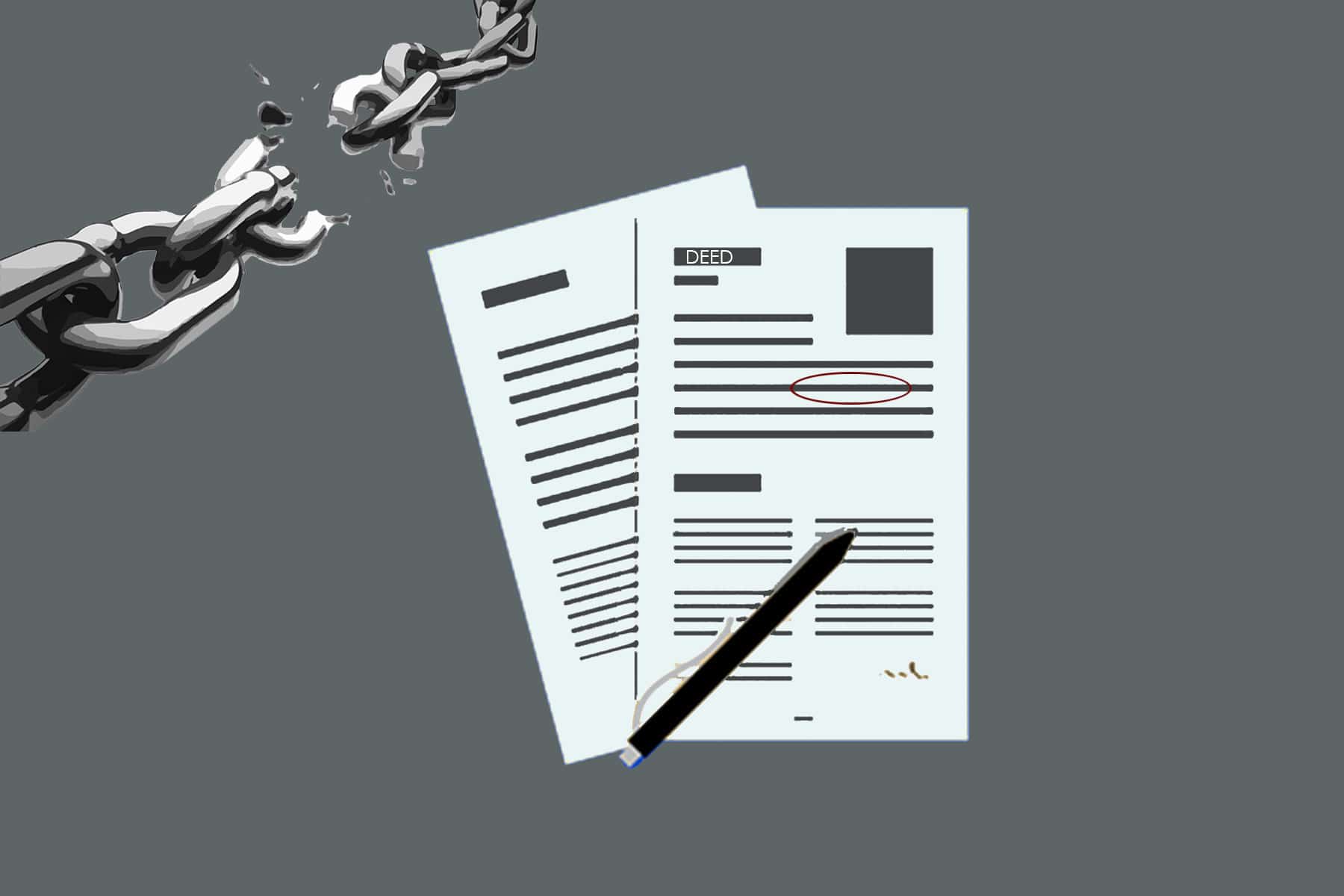Updated on July 8, 2024
Title Company Mistakes
It is not uncommon for an owner of real estate to discover mistakes on a deed that has already been recorded. It may be a small one, for instance, the spelling of a last name or the name of a trust that holds the property; but even these small mistakes on a deed can impact the chain of title.
What Happens When a Title Company Makes a Mistake
For example, perhaps you hold property under Clarissa Dalloway, but you find that the deed has incorrectly named you as Clarisse Dalloway. If you find yourself in this situation, should you try to make a correction.
On one hand, a recorded document that contains the incorrect name for a buyer or seller is still enforceable between the parties to the document. In other words, a party may have trouble arguing that a transfer was invalid just because the name of the buyer or seller was incorrectly stated on the deed.
The importance of making a correction arises, however, when you seek to transfer the property to someone else or to mortgage the property. A new buyer may refuse to accept title of the property because the previous deed is “outside the chain of title.” A lender may be unwilling to make you the loan for the same reason until the issue has been resolved.
What is Chain of Title?
In Los Angeles County, documents filed after September 2009 can be searched by the names of the grantor (person transferring the property) or grantee (person receiving the property) or by the ten digit Assessor’s Identification Number assigned to the property. Documents filed prior to that may only be searched by the names of the grantor or grantee.
In many other places, documents are still indexed by the names of grantor or grantee. In that situation, it is particularly important that the names are correct or the property cannot be located by third parties. If it cannot be located by an examination of the public records, the title of the property is said to be “outside the chain of title.”
Why is Chain of Title Important?
It is important for future buyers or lenders to examine the chain of title to see who owns the property, and what liens, easements, or other interests are attached to the property. Buyers need to know, for example, is there a mortgage recorded against the property? Are there other parties who claim to own part of, or all of, the property?
How Can You Make a Correction to Mistakes on a Deed?
Usually, a deed with an incorrect name can be corrected by recording a new deed granting the property to yourself: “Clarissa Dalloway, who acquired title as Clarisse Dalloway, hereby grants to Clarissa Dalloway.” This makes the chain of title clear so that you can resell or refinance the property without any confusion.
But if the information you seek to correct is the legal description, for instance, you may need to go back to the original grantor and request a Corrective Deed, that explicitly states it is a “Corrective Deed” and contains a brief statement of the reason that the document is being rerecorded.
Small mistakes on a deed can impact chain of title. Our California real estate attorneys at Schorr Law represents and advises commercial and residential clients on a wide range of real estate issues, including disputes concerning chain of title and quiet title. To see if you qualify for a free consultation, please contact info@schorrlaw.test2.redblink.net or (310) 954-1877.
